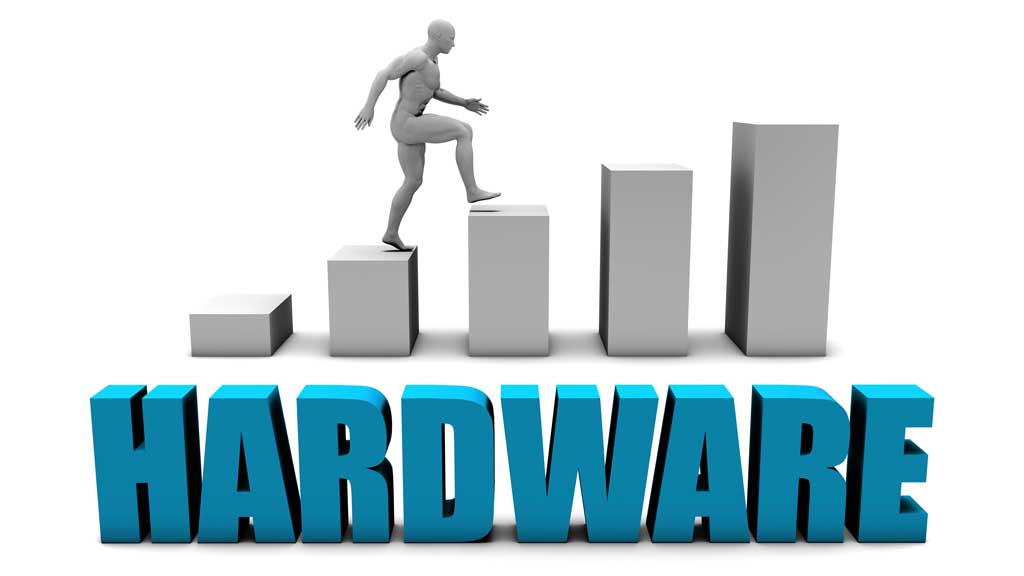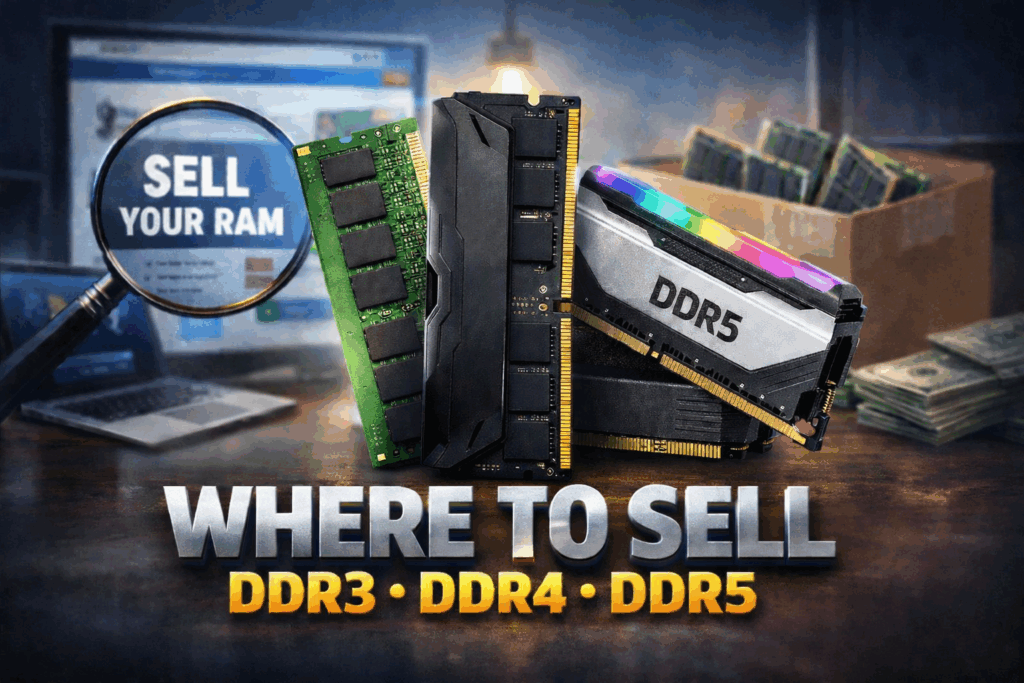New data center hardware is released constantly.
A hardware upgrade can be expensive, but avoiding a necessary hardware upgrade can be even more costly in the long run.
This article will give you all the necessary information you need to decide if a hardware upgrade is in the best interests of your enterprise.
The Benefits of Data Center Upgrades

Lower Operating Expenses
With the lower consumption of energy also comes energy savings.
More efficient equipment allows for lower cooling costs. Additionally, newer systems are more user-friendly and have fewer bugs and glitches.
This improves the efficiency of your workers, driving down costs.
Tighter Security
With a more streamlined, updated data center comes a more cohesive structure with fewer holes and vulnerabilities.
Also with newer systems, hackers have had less time to find backdoors to known security measures.
Less System Downtime
Many see “tried and true” systems as more reliable and less likely to crash than new ones. This is rarely the case.
Original equipment manufacturers (OEMs) spent countless dollars and man-hours plugging up any bugs or issues with their hardware that can cause breaks or downtime.
End users are not tolerant of downtime. They expect 100% availability and immediate gratification.
And if you won’t supply that to them, they’ll find it from a business who will.
Best Practices to Evaluate Your Data Center for a Hardware Upgrade
Physical and Network-Based Analysis
One data center audit recently found hundreds of servers turned on but not even connected to anything.
All of the server diagnostics and reporting were hooked up to the network, which, incidentally, the servers were not plugged into.
Essentially, the only reason anybody even found the servers was because the guy walked around with a clipboard and saw them.
Take the time to do a physical site audit as well as a network-based analysis.
Look for Redundant Servers
Verizon recently did an audit of one of its data centers.
They found that not only were a third of its servers completely unnecessary, but another third could’ve been moved to the cloud for a far lower cost.
If no extensive audit of servers on-site has been done recently, it is imperative to do a comprehensive workload analysis.
When pulling the plug on a server, if the last month’s workloads were checked and the server was completely unused for any workloads, do you pull the plug?
At first glance, some people’s instincts might tell them definitely. However, there are also critical tasks done very rarely which need to be accounted for.
It might be important to check a few months back to make sure you don’t pull the plug on the server that does end-of-year accounting calculations.
If you find a process like that, find another place to allocate it before pulling the plug.
Check for Compliance Gaps
Auditors can and will fine you for failing to update from unsupported systems and software. Take this into consideration when evaluating the cost of upgrading systems.
If an upgrade might prevent you from costly compliance audit fines, it should make the decision significantly easier.
Check for Equipment Four Years or Older
Around a third of servers in data centers are four or more years old.
Even though they’re only contributing about 4% of total performance in the data center, they consume roughly 65% of the energy, according to Gartner.
If you have equipment older than four years of age, strongly consider replacing components or whole systems to improve efficiency long-term.
Data Center Upgrade Checklist
If you answer yes to any of the following, a hardware upgrade should be a serious consideration:
- Has it been more than three years since your last hardware refresh?
- Do you expect your business to grow in size in the near future?
- Do you expect to see greater traffic with larger network bandwidth needs?
- Is your business planning to extend to a new region?
- Will you likely need faster access to data or more storage soon?
- Are security and compliance needs being met?
- Do you have any operating systems in place more than five years old?
- Do you have PCs in-house that are more than four years old?
Undecided About Upgrading Your Data Center Hardware?
To get the whole picture of your equipment costs, ask yourself the following questions:
What do you pay for hardware maintenance from OEM or third-party maintenance? Has it increased as your equipment aged?
Have your energy expenditures or your colocation costs increased over time?
New is Green
With better energy efficiency comes less fuel consumption to supply energy demands.
With data centers consuming up to 2% of the world’s total energy, billions are on the line.
When you commit to keeping your equipment as efficient and up-to-date as possible, you commit to having the most earth-friendly systems you can. That’s a decision to be proud of.
When you decide to get rid of your old systems, make sure you get the money out of them you deserve.
We offer data center liquidation, data center decommissioning services, and a full scope of ITAD services such as electronics recycling and secure data destruction.
Get a Free Quote On Your Excess Enterprise Equipment Today



